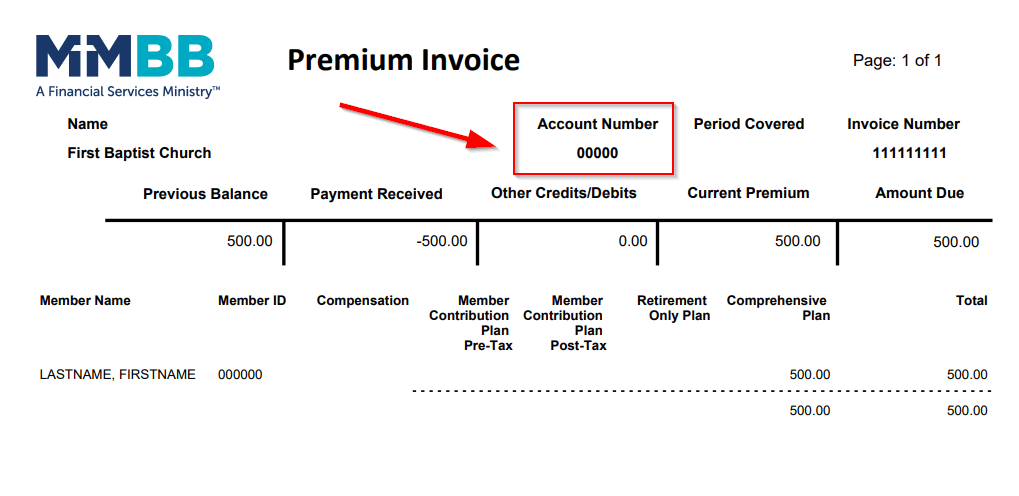- Supplemental Security Income (SSI)
Supplemental Security Income (SSI) is a needs-based program designed for individuals who are aged, blind, or disabled and have limited income and resources. Unlike SSDI, SSI does not require a work history. Instead, it supports those who are financially vulnerable and unable to support themselves.
SSI is available to individuals aged 65 or older, or those who are blind or disabled, provided they meet strict income and asset limits. The benefit amount varies based on the recipient’s income and living situation, and it can be a lifeline for individuals who do not qualify for other Social Security programs.
- Family and Dependent Benefits
Social Security also extends benefits to family members of individuals receiving retirement or disability benefits. For instance, children of a qualifying worker may receive a portion of the worker’s benefits. In some cases, spouses or ex-spouses may also be eligible.
These benefits help ensure that families are not left financially vulnerable when a primary wage earner retires or becomes disabled, reinforcing the program’s role in promoting family well-being.
While retirement benefits are the most familiar aspect of Social Security, the program’s reach is far more extensive. Its non-retirement benefits—disability, survivors, SSI, and family support—play a crucial role in helping millions of Americans navigate life’s uncertainties with dignity. These programs provide essential financial support, promote stability, and serve as resources for economic security in American society.








 Next
Next


